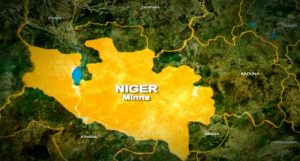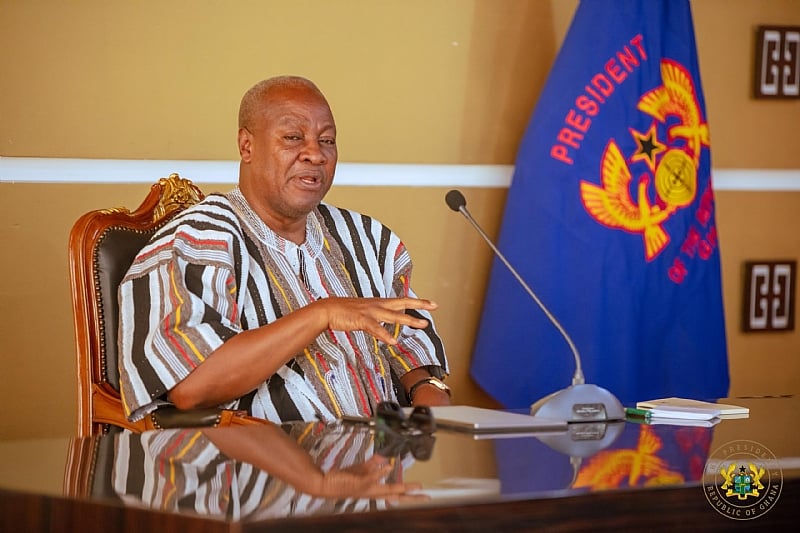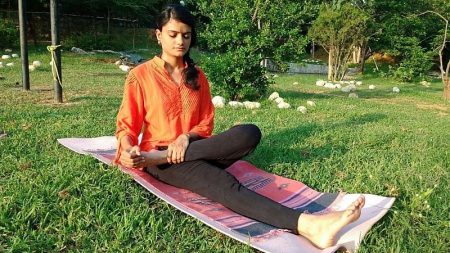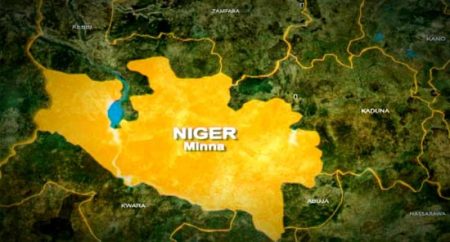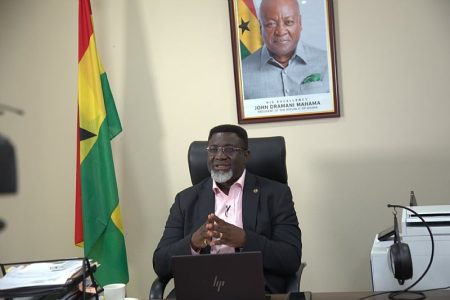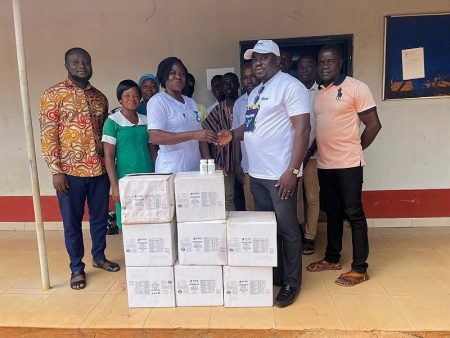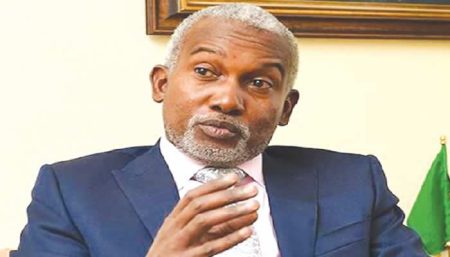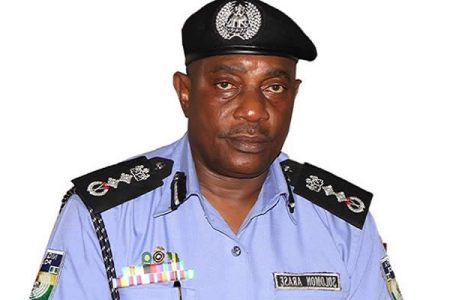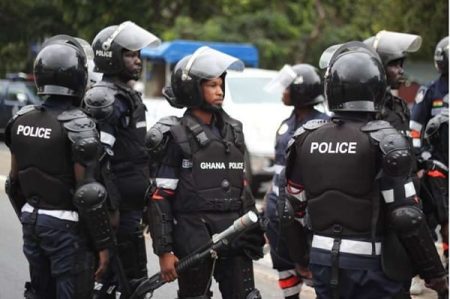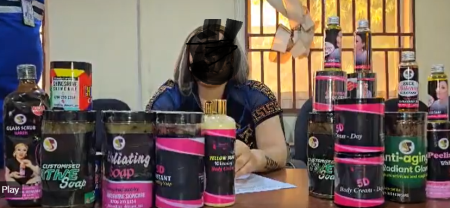Escalating Tensions and Immediate Response:
The Sawla-Tuna-Kalba District, located within the Savannah Region of Ghana, has historically been a melting pot of diverse ethnic groups, primarily the Gonjas and the Brifors. While co-existence has generally been peaceful, underlying tensions related to land ownership, chieftaincy disputes, and access to resources have occasionally flared up, disrupting the delicate balance. In early 2014, a minor altercation between individuals from both communities rapidly escalated into communal violence, marked by reprisal attacks and the destruction of properties. This alarming development prompted President John Dramani Mahama to take swift action to quell the unrest and restore peace in the affected area.
Upon his return from a state visit to Singapore, President Mahama was immediately briefed on the escalating situation in the Sawla-Tuna-Kalba District by the National Security Coordinator and the Minister for the Interior. Recognizing the urgency of the situation, he wasted no time in engaging with key stakeholders to initiate peace-building efforts. While still in Singapore, President Mahama personally contacted the Yagbonwura, the paramount chief of the Gonja Traditional Area, Jira Bikunuto Jewu Soale I, to discuss strategies for resolving the conflict and fostering reconciliation between the Gonja and Brifor communities. This direct engagement with the traditional authority demonstrated the President’s commitment to leveraging traditional conflict resolution mechanisms.
Government Intervention and Peace-Building Initiatives:
President Mahama dispatched a high-level government delegation, led by the Minister of the Interior, Alhaji Muntaka Mohamed-Mubarak, to the Sawla-Tuna-Kalba District. The delegation’s primary objective was to meet with the Yagbonwura, other traditional leaders, and community representatives to facilitate dialogue and mediate a peaceful resolution to the conflict. The President’s proactive approach aimed to engage all parties in a constructive dialogue to address the root causes of the violence and prevent further escalation.
To enhance security and maintain law and order in the volatile area, the government deployed additional police and military personnel. This reinforced security presence served as a deterrent against further violence and provided reassurance to the affected communities. The President emphasized the importance of upholding the rule of law and ensuring that perpetrators of violence were held accountable for their actions.
Call for Unity and Peaceful Coexistence:
President Mahama appealed to all parties involved in the conflict to support the government’s peace-building initiatives and work towards restoring normalcy in the Sawla-Tuna-Kalba District. He stressed the importance of dialogue, mutual understanding, and peaceful coexistence among the Gonja and Brifor communities. The President urged community leaders, religious leaders, and civil society organizations to play an active role in promoting reconciliation and healing the wounds caused by the conflict.
The government delegation, in collaboration with the Regional Security Council, traditional leaders, and community stakeholders, embarked on a series of consultations and mediation efforts. These included community dialogues, peace rallies, and inter-community meetings aimed at fostering trust and rebuilding relationships between the Gonja and Brifor communities. The focus was on addressing the underlying grievances, clarifying misunderstandings, and finding common ground for peaceful coexistence.
Long-Term Peace and Reconciliation:
The government also initiated a series of long-term interventions aimed at preventing future conflicts and promoting sustainable peace in the Sawla-Tuna-Kalba District. These interventions included:
- Strengthening local governance structures: Empowering local authorities and traditional leaders to effectively manage conflicts and address community grievances.
- Promoting inter-community dialogue and cooperation: Establishing platforms for regular interaction and communication between the Gonja and Brifor communities to build trust and understanding.
- Addressing land disputes and resource conflicts: Implementing mechanisms for fair and equitable allocation of land and resources to prevent disputes and ensure access for all communities.
- Promoting economic development and employment opportunities: Creating economic opportunities for all communities to reduce poverty and marginalization, which can often fuel conflicts.
- Strengthening security and law enforcement: Ensuring a robust security presence and effective law enforcement to prevent violence and maintain order.
These long-term strategies underscored President Mahama’s commitment to addressing the root causes of the conflict and fostering lasting peace in the area. The aim was to create an environment conducive for all communities in the Sawla-Tuna-Kalba District to coexist peacefully and pursue their development aspirations.



